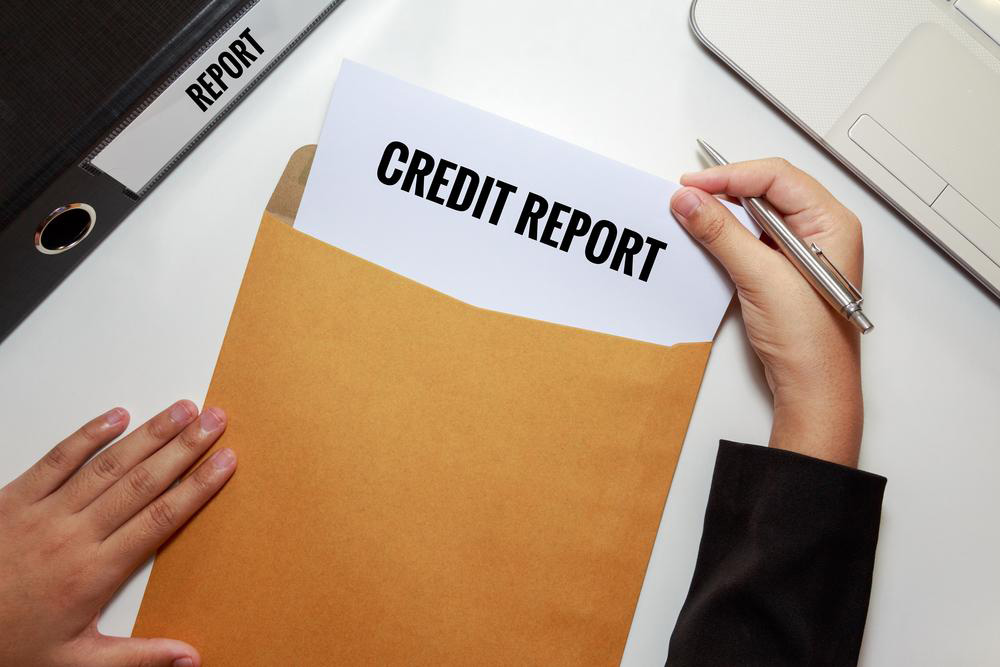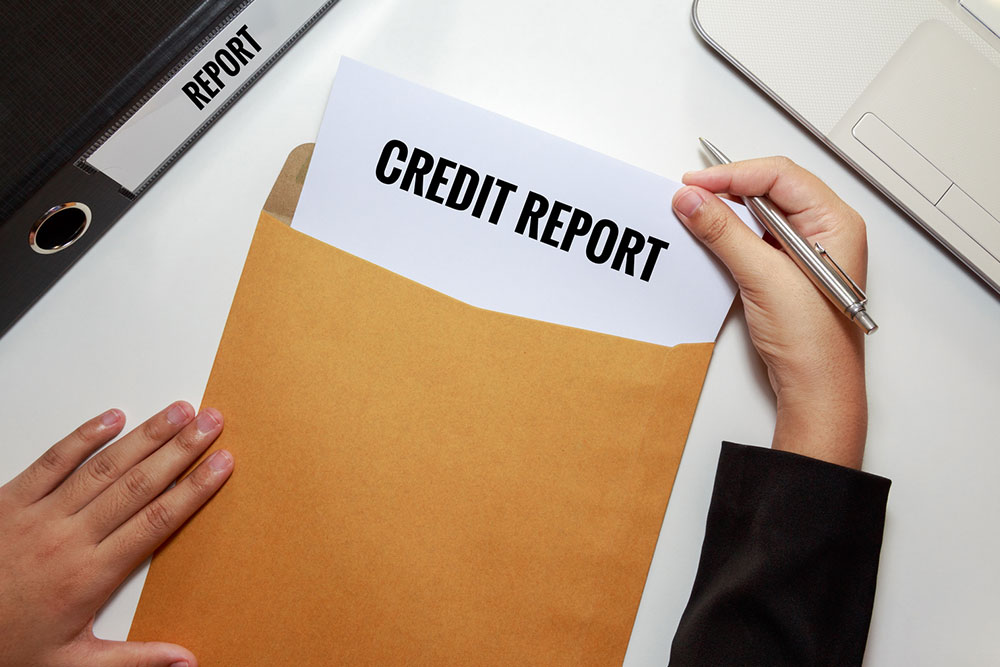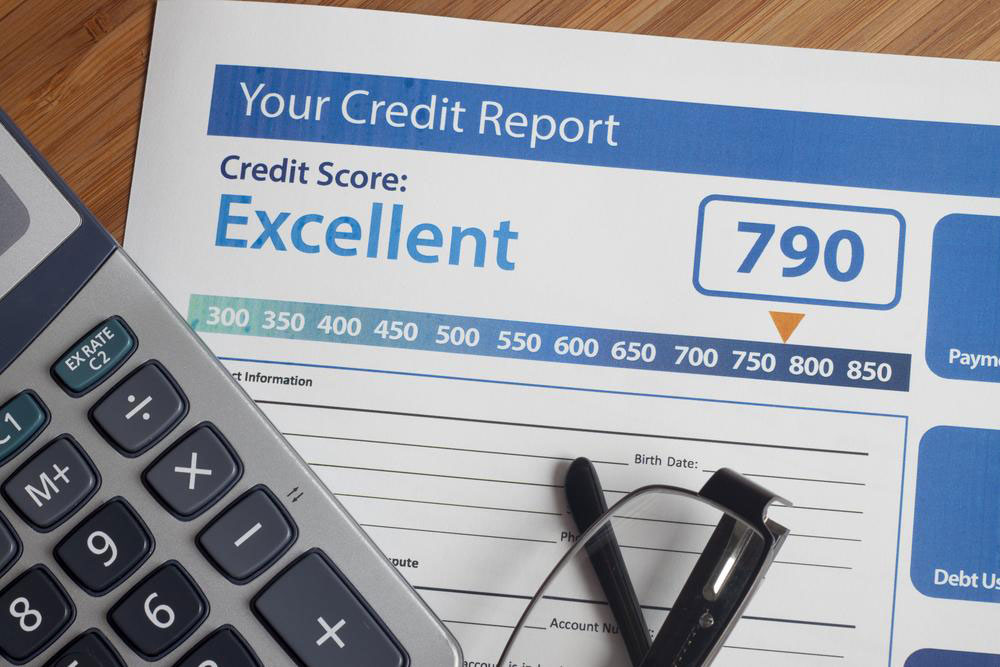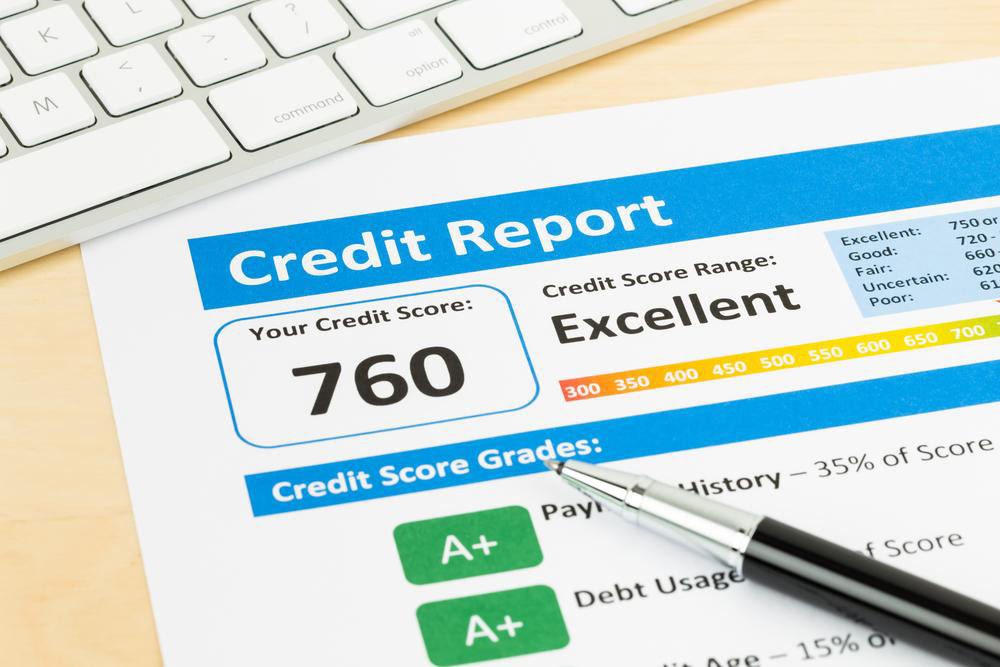Comprehensive Guide to Understanding Your National Credit Report and How to Manage It
This comprehensive guide provides detailed information about your national credit report, explaining its components, how to access it, and the importance of regular monitoring. Learn how credit bureaus compile your data, who uses your report, and how to dispute inaccuracies. Empower yourself with critical knowledge to improve your financial health, secure better loan terms, and protect against identity theft. Regularly reviewing your credit report is essential for maintaining good credit and making informed financial decisions.

In-Depth Overview of Your National Credit Report and Practical Tips for Better Credit Management
Understanding your national credit report is essential for healthy financial management and making informed borrowing decisions. A credit report is a detailed record compiled by authorized credit bureaus that chronicles your entire borrowing history, including your credit accounts, payment habits, and other crucial financial behaviors. This document plays a vital role in influencing your creditworthiness in the eyes of lenders, landlords, insurers, and even some employers. Gaining a thorough understanding of its components, how to access it, and how to dispute incorrect entries can dramatically improve your financial health and borrowing potential.
What exactly is a credit report? At its core, a credit report is a detailed dossier generated by reputable credit bureaus such as Experian, Equifax, or TransUnion. These agencies compile data collected from various sources, including banks, credit card companies, lenders, and public records, to create a comprehensive profile of your financial behavior. The report includes a range of sensitive information — from your personal identifiers like full name, date of birth, Social Security number, current and previous addresses, to your entire borrowing history.
One critical aspect to note is the retention period of various types of information within your credit report. Bankruptcy records, for example, typically stay for approximately 10 years, impacting your credit score for quite some time. Negative financial activities such as missed payments, collections, or charge-offs are usually retained for a period of 7 years. These data points can significantly influence your creditworthiness, making it vital to monitor their accuracy and relevance.
Your credit report is divided into distinct sections, each serving a specific purpose. Understanding these sections can help demystify the document and enable you to take control of your financial profile.
Main Sections of a Credit Report
Personal Information: This section contains your social security number, full name, and other identifiers like date of birth and current address. These details verify your identity and form the basis for the rest of the report.
Credit Accounts or Trade Lines: This area details your various credit accounts such as credit cards, loans, or mortgages. For each account, information such as the date of opening, highest balances, recent payment history, credit limits, loan amounts, and current status (e.g., paid in full, overdue) are provided.
Public Records and Legal Matters: This segment includes bankruptcy filings, judgments, tax liens, and other legal actions related to your financial history. These entries can have significant impacts on your credit score and borrowing ability.
Credit Inquiry Records: The last section lists entities and lenders that have accessed your credit report, usually for the purpose of pre-approvals, credit checks, or other financial assessments.
So, how are these detailed reports generated? Credit bureaus gather data from numerous sources, including financial institutions, utility companies, governmental agencies, and public legal records. They compile and process this data into a comprehensive report, which is then sold to lenders, insurers, landlords, and—under certain circumstances—the individual themselves.
The primary revenue for credit bureaus comes from fees paid by lenders and other entities that request access to credit reports. This process emphasizes the importance of maintaining accurate and updated information in your credit profile, as errors or outdated data can unfairly hurt your credibility.
Who benefits from your credit report? Primarily, lenders rely on this document to assess your creditworthiness before approving loans, credit cards, or mortgage applications. Insurers may use it to determine premiums, and landlords often review credit reports during tenant screening processes. In some cases, employers may request access to your credit report with your consent, especially for positions requiring financial responsibility.
If you're wondering how to obtain a copy of your credit report, the good news is you are entitled to one free report annually from each of the three main credit bureaus—Experian, Equifax, and TransUnion. The federal government has established this rule to encourage consumers to monitor and verify their credit information regularly. You can choose to access all three reports at once or space them out throughout the year to keep a continuous check on your credit health.
To view your credit report online, you should visit the official government-approved website, AnnualCreditReport.com. This platform allows you to request your free reports without any hidden fees or subscriptions. In addition, various online portals offer additional services, but always verify the authenticity and security of such sites before sharing sensitive personal information.
If you discover discrepancies or inaccuracies in your credit report, or if you believe your data has been improperly accessed or used, you have the right to file a dispute. Disputing errors can be done directly through the credit bureaus' online portals or by mailing formal dispute letters. If the issues persist or are unaddressed, you can escalate your complaints to the Consumer Financial Protection Bureau (CFPB) via their online complaint system or by calling 1-855-411-2372.
Regularly monitoring your credit report is a crucial step towards maintaining a healthy financial profile. When done diligently, it helps identify potential fraud, correct inaccuracies promptly, and understand how your financial behaviors impact your credit score. Remember, managing your credit report effectively can open doors to better borrowing terms, lower interest rates, and greater financial opportunities.
In conclusion, understanding your national credit report is not just for financial professionals—every consumer should be familiar with this document. From how it’s generated to how you can access and dispute it, gaining knowledge empowers you to make smarter financial decisions and maintain a stronger credit profile. Make it a habit to review your report regularly and keep it error-free to enjoy the best possible financial health.





